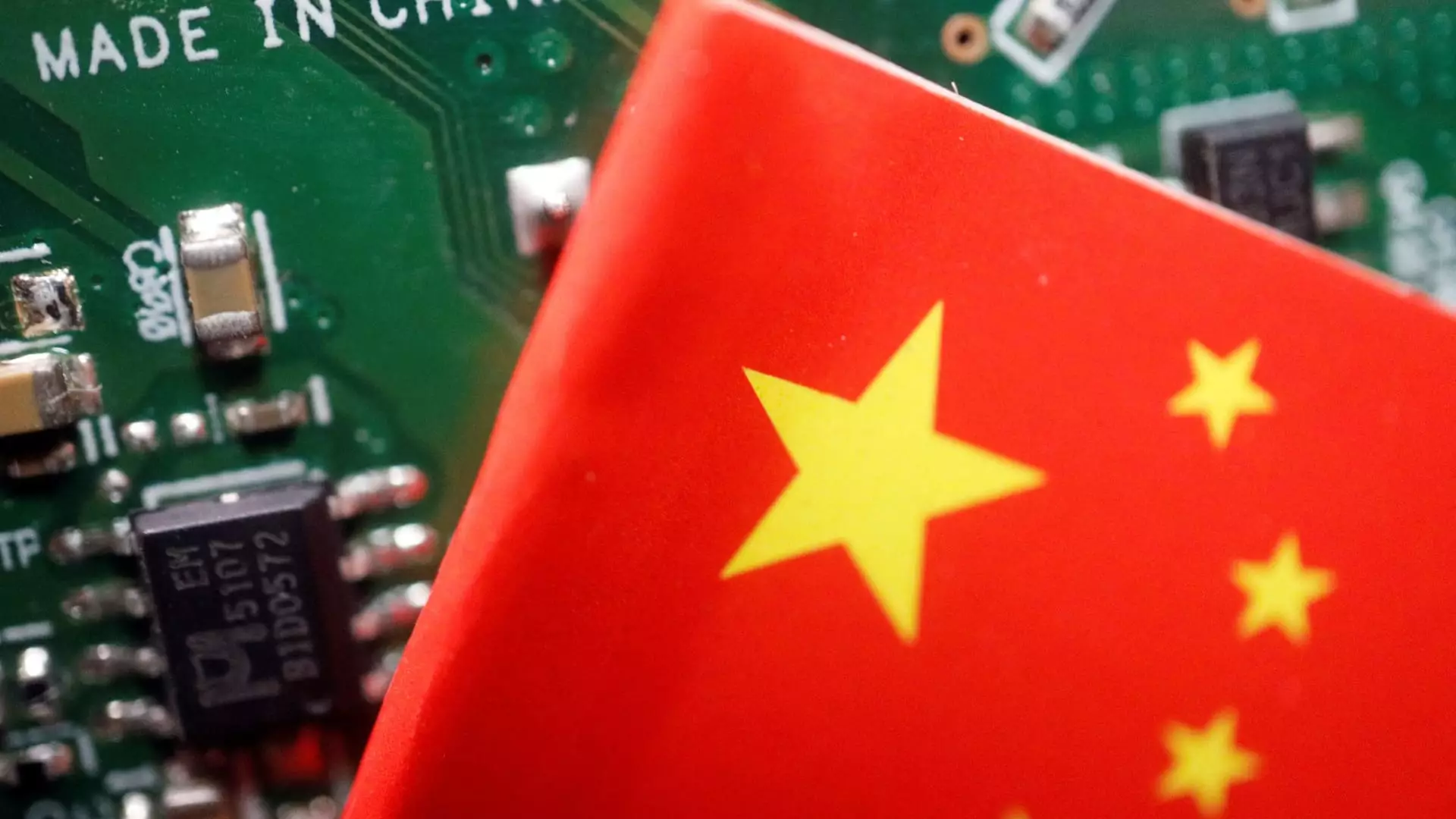In a significant policy meeting held in China recently, it was made clear that Beijing is committed to strengthening its domestic technology sector. This decision has profound implications, especially in the realm of investment opportunities. Goldman Sachs analysts highlighted several catalysts that are likely to benefit certain semiconductor and artificial intelligence (AI) stocks in China from August to December. These catalysts include the introduction of new Chinese smartphones, AI-powered personal computers, and the upcoming iPhone cycle leading into the holiday season.
During the previous week, semiconductor stocks witnessed the largest influx of investments among mainland Chinese stocks. Additionally, these stocks also recorded substantial gains on a Friday, despite minor increases in major stock indexes in China. The driver behind this surge in interest was a press conference discussing China’s policy meeting, known as the Third Plenum. During the conference, officials outlined plans to accelerate the development of “emerging and future industries,” while also emphasizing the importance of nurturing tech talent within China.
Friday’s temporary IT outages served as a stark reminder to many in China about the advantages of reducing reliance on global integration. The disruptions caused by issues faced by Microsoft users briefly became a trending topic on China’s social media platform Weibo. This incident was eventually overshadowed by other discussions such as Xiaomi’s live product launch. Conversely, in Beijing, discussions on CrowdStrike dominated the social media landscape. This shift in focus highlights the growing sentiment towards self-sufficiency within China.
The imposition of export restrictions on Nvidia by the United States in recent years, coupled with reports of a potential broader crackdown on the export of advanced chipmaking equipment to China by the Biden administration, have further fueled China’s determination to achieve self-sufficiency. Consequently, the stock prices of major players in the semiconductor industry such as ASML, Nvidia, and Taiwan Semiconductor have witnessed a decline post these developments.
Goldman analysts remain optimistic about Chinese semiconductor production equipment stocks, foreseeing an increase in demand resulting from China’s continuous expansion of mature node capacity. They particularly favor platform solution providers with cutting-edge technologies and a strategic focus on expanding their product portfolio to capitalize on growth opportunities within the sector.
Goldman Sachs has assigned buy ratings to select Chinese companies operating in the semiconductor industry. ACM Research, a U.S.-listed company, is expected to see a substantial upside of around 90% with a price target of $39 per share. Another promising candidate is AccoTest, a Shanghai-listed entity associated with Beijing HuaFeng Test and Control, Ltd. Analysts have set a price target of 135 yuan per share, indicating a potential 35% increase from the previous week’s closing price.
Furthermore, the analysts foresee significant growth opportunities for Chinese fabless companies, which are engaged in chip design and outsourcing their manufacturing processes. They anticipate a revenue growth ranging from 8% to 64% quarter over quarter in the third quarter of 2024, supported by improved seasonality in consumer electronics and a gradual recovery in demand post inventory adjustments across markets. Preference is given to market share leaders and companies focusing on mature nodes to mitigate geopolitical risks.
Opportunities abound in the Chinese semiconductor and AI industry, driven by the country’s emphasis on enhancing domestic tech capabilities. Investors looking to capitalize on these trends should consider the recommendations put forth by analysts and stay attuned to evolving market dynamics.

